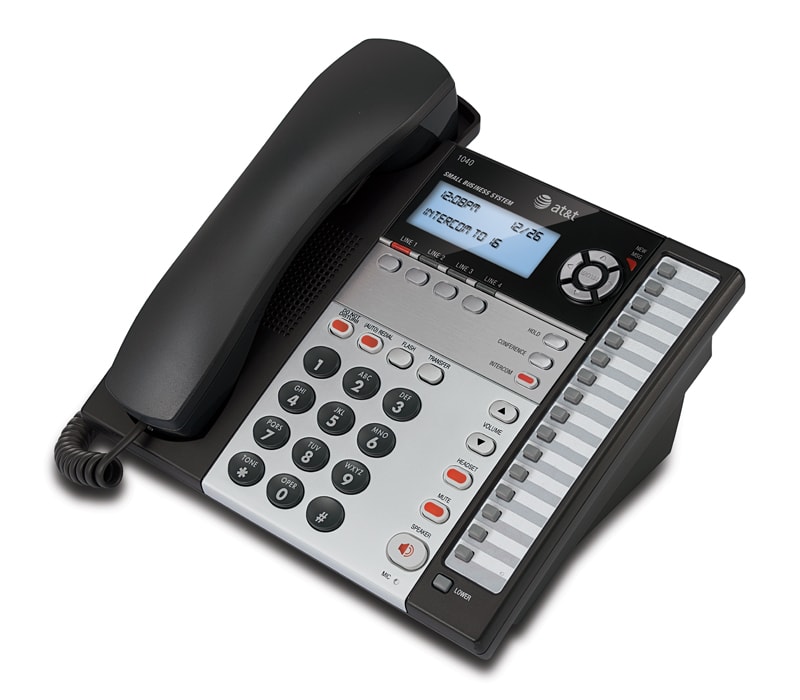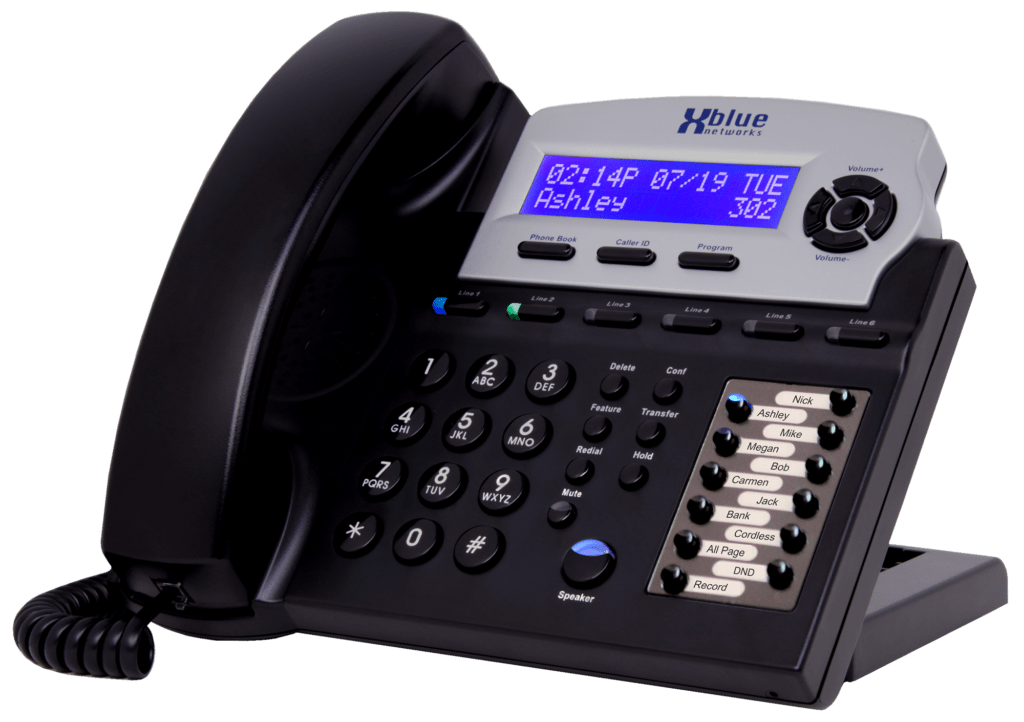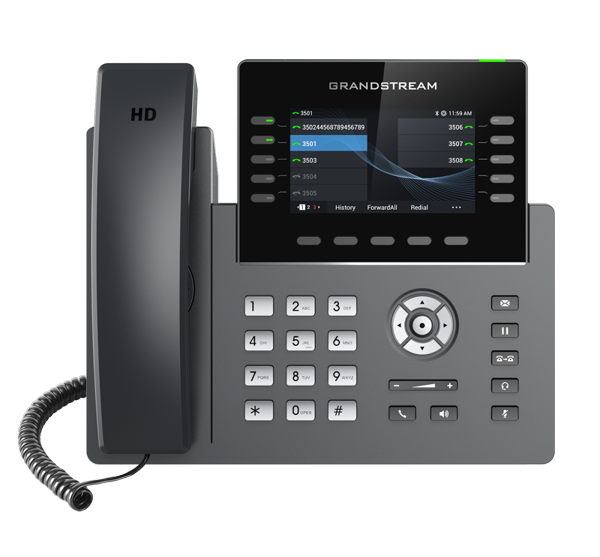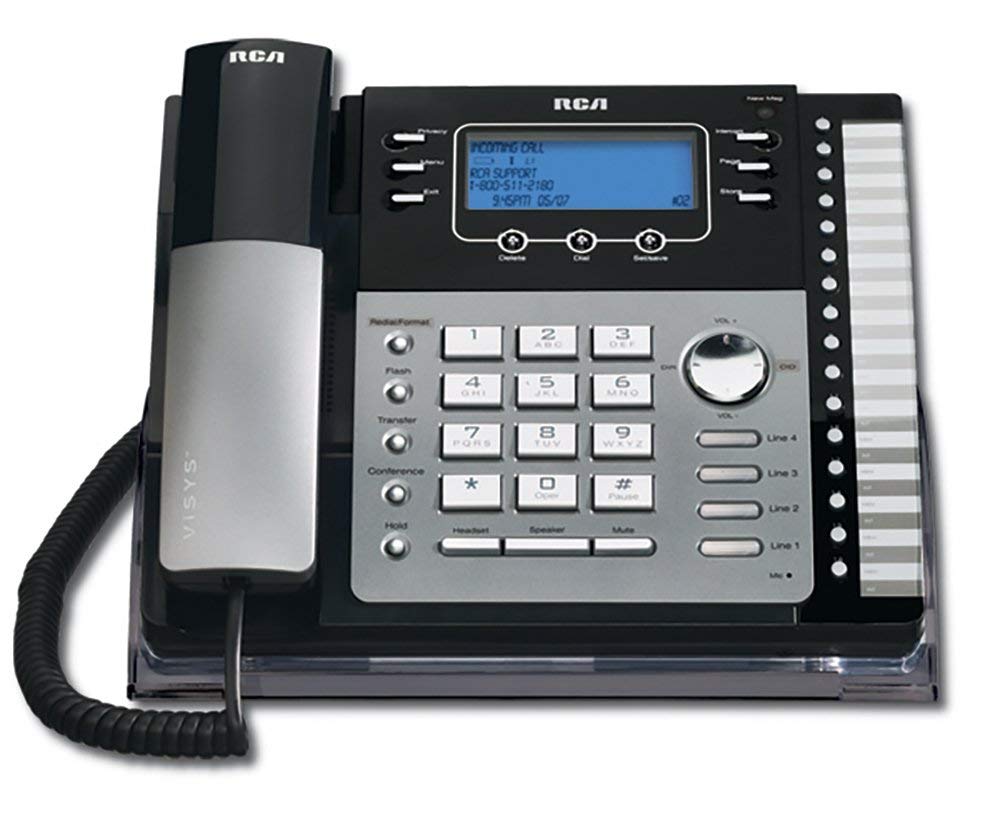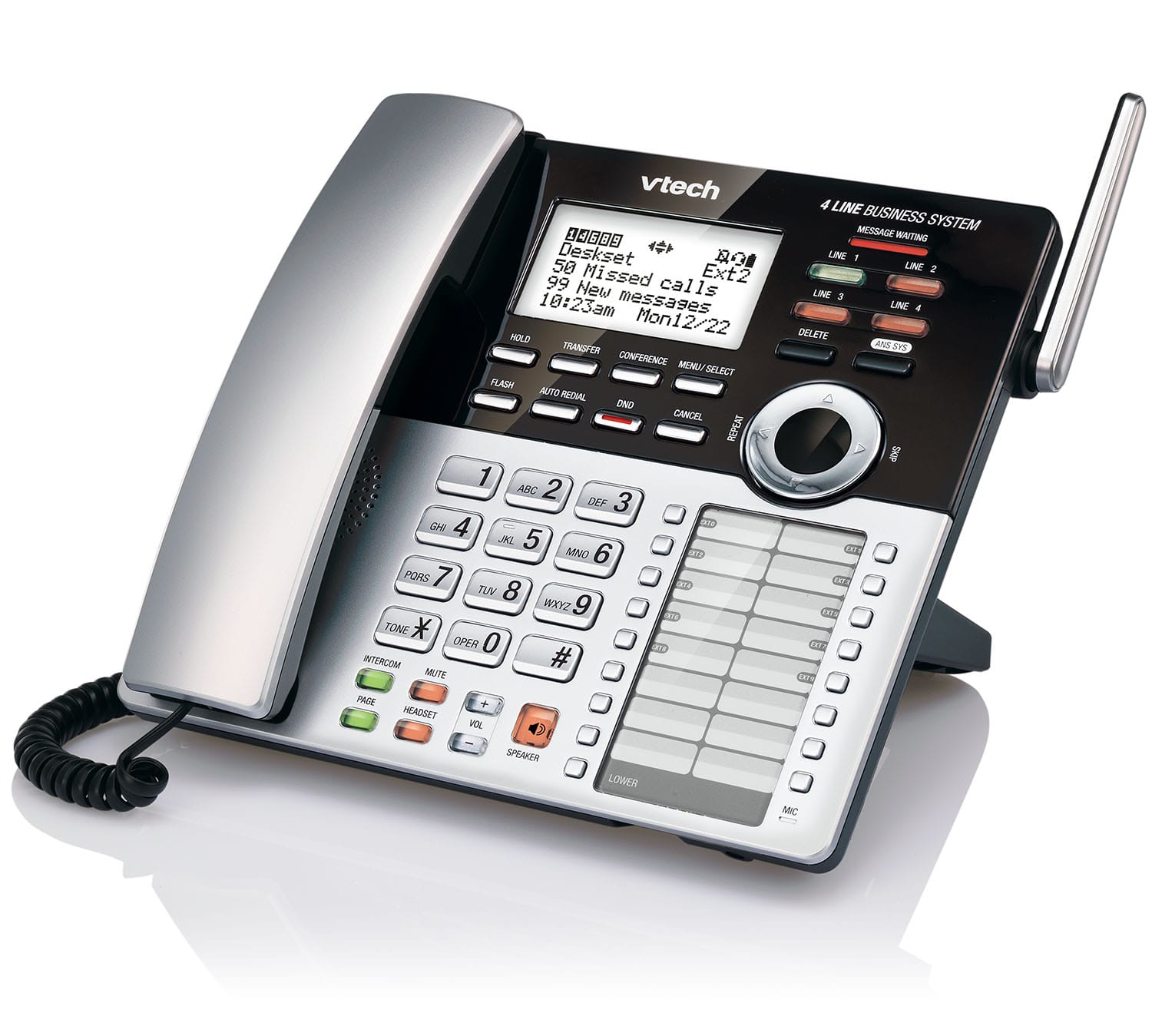Analog Phone System For Small Business

Small businesses face a critical juncture as telecom providers sunset traditional analog phone systems, creating both disruption and opportunity. The shift is forcing businesses to rapidly evaluate and implement alternative communication solutions.
This transition impacts approximately 39 million small businesses across the United States, who are now scrambling to maintain reliable phone service. As support for older systems dwindles, the urgency to adapt grows.
The Analog Sunset: What’s Happening?
Major telecom companies like Verizon and AT&T are phasing out Public Switched Telephone Network (PSTN) infrastructure. This decision is driven by the high costs of maintaining aging analog technology. They are investing in newer, more efficient digital networks like fiber optics and VoIP.
The Federal Communications Commission (FCC) has facilitated this transition, encouraging a shift towards modern communication technologies. This has created a hard deadline for many businesses still relying on traditional phone lines.
Who is Affected?
Businesses using analog phone lines for essential services are most vulnerable. This includes those utilizing systems for: fax machines, alarm systems, point-of-sale (POS) terminals, and basic voice communication. Smaller companies with limited IT resources are particularly at risk.
Many companies are unaware of the impending changes or underestimate the complexity of migrating their phone systems. This leaves them susceptible to service disruptions and potential business losses.
Where and When is This Happening?
The sunsetting of analog lines is occurring nationwide, though the precise timelines vary by region and provider. Some areas have already experienced service terminations, while others face imminent deadlines.
Telecom providers are sending notices to customers, but many businesses are only now realizing the full impact. The lack of proactive planning leaves many scrambling for last-minute solutions.
How to Adapt: Immediate Actions
Businesses have several options for replacing their analog phone systems. These include migrating to VoIP (Voice over Internet Protocol), utilizing cellular-based solutions, or exploring hybrid systems.
VoIP offers cost-effectiveness and scalability, but requires a reliable internet connection. Cellular solutions provide redundancy and portability. Hybrid systems combine traditional and digital technologies to meet specific needs.
Essential Steps for Small Businesses:
1. Assess current phone system needs: Identify all devices and services that rely on analog lines.
2. Research alternative solutions: Compare VoIP, cellular, and hybrid options based on cost, features, and reliability.
3. Contact telecom providers: Discuss migration plans and available support services.
4. Implement a transition plan: Schedule the migration process to minimize disruption to business operations.
5. Test and monitor the new system: Ensure all features and services are functioning correctly after the transition.
The Cost of Inaction
Failing to adapt to the analog sunset can result in significant consequences. Businesses risk losing phone service, interrupting critical operations, and damaging customer relationships.
Moreover, relying on outdated technology can hinder a business's ability to compete in today's digital landscape. Modern communication systems offer enhanced features like video conferencing, call analytics, and mobile integration.
Next Steps and Ongoing Developments
Small businesses must act swiftly to avoid the pitfalls of the analog sunset. Consulting with telecom experts can help businesses navigate the transition process and select the most suitable solutions.
The FCC continues to monitor the transition and provide resources to assist businesses. Ongoing developments in communication technology will further shape the landscape of small business telecommunications.
The time to act is now. The sunsetting of analog phone systems demands immediate attention and decisive action from small businesses nationwide.
